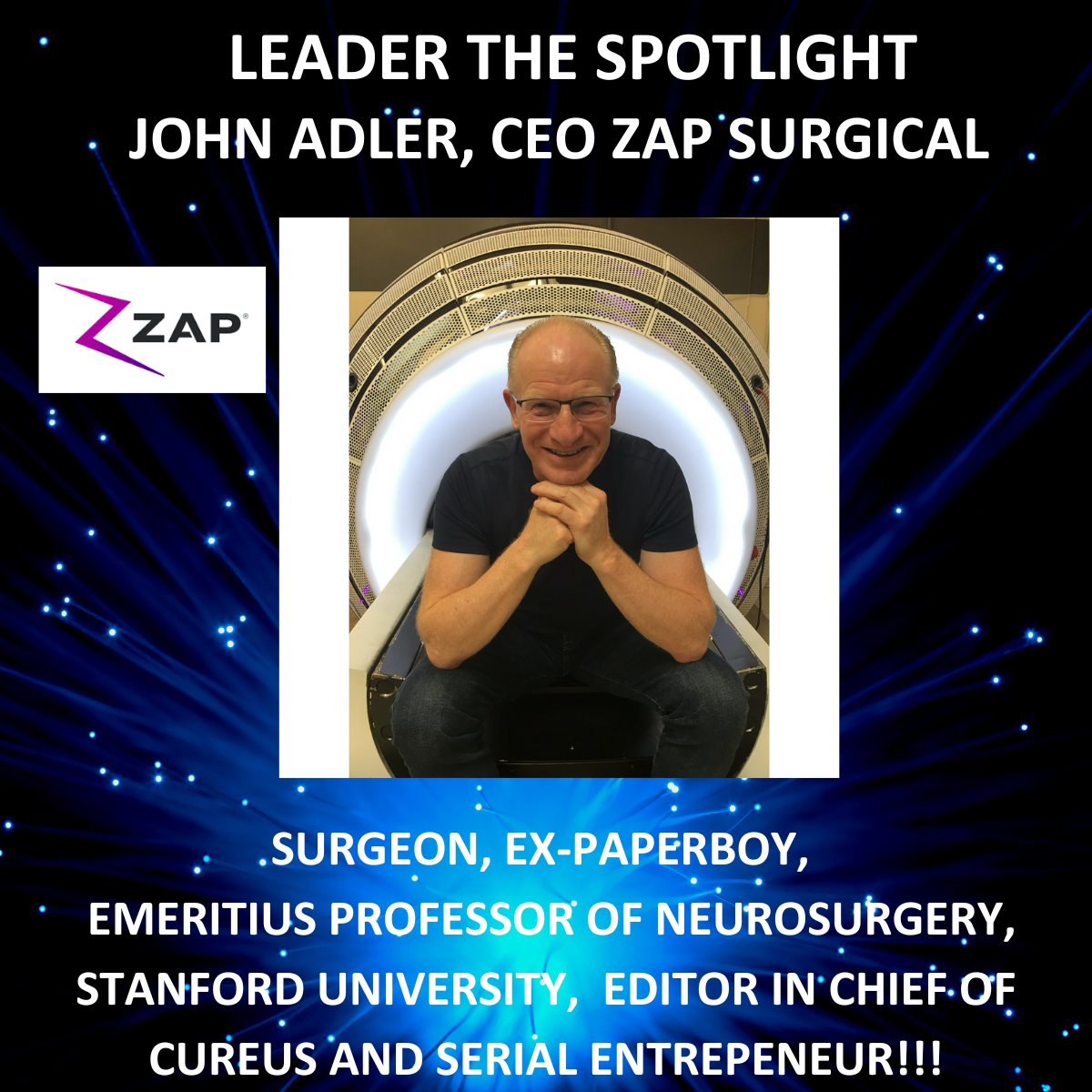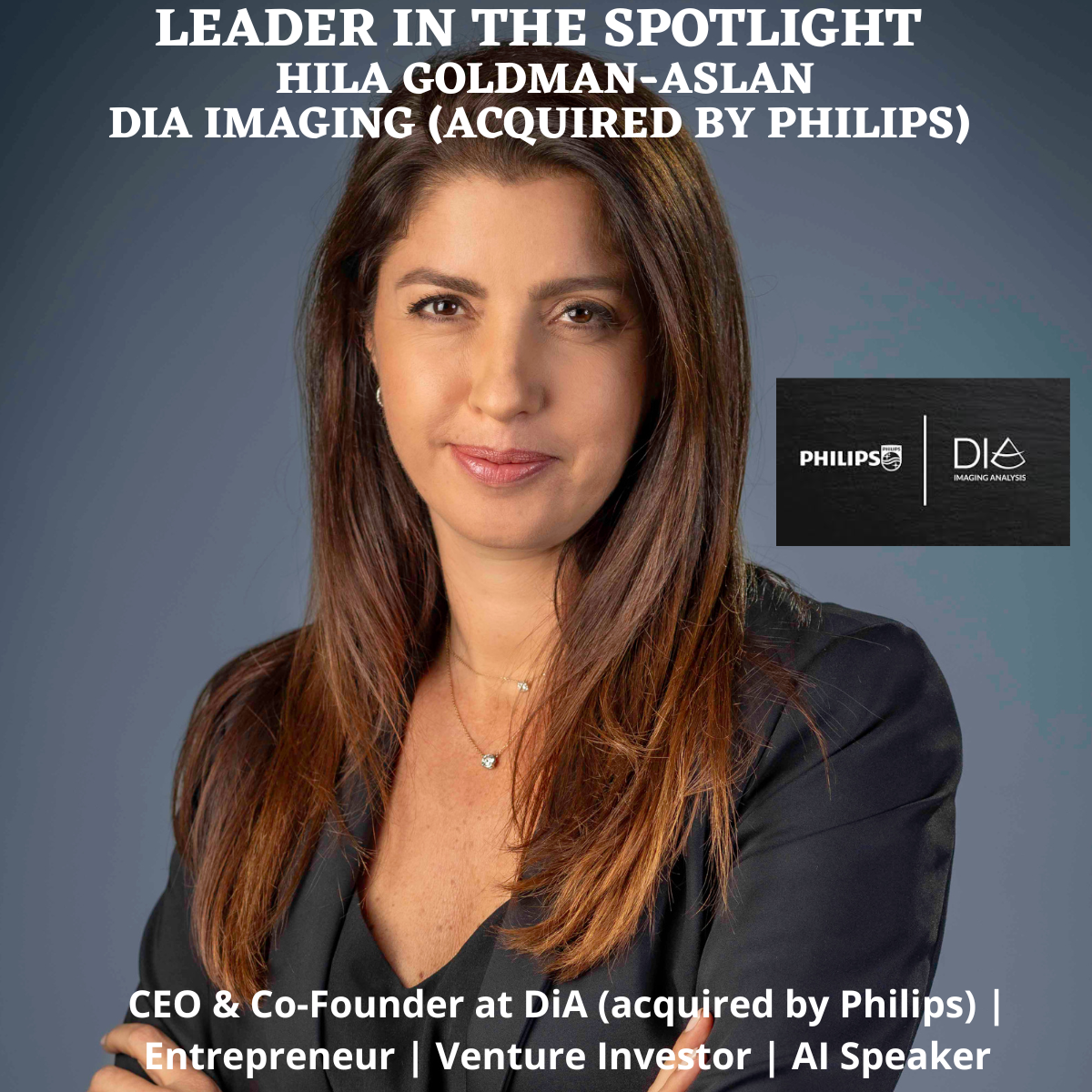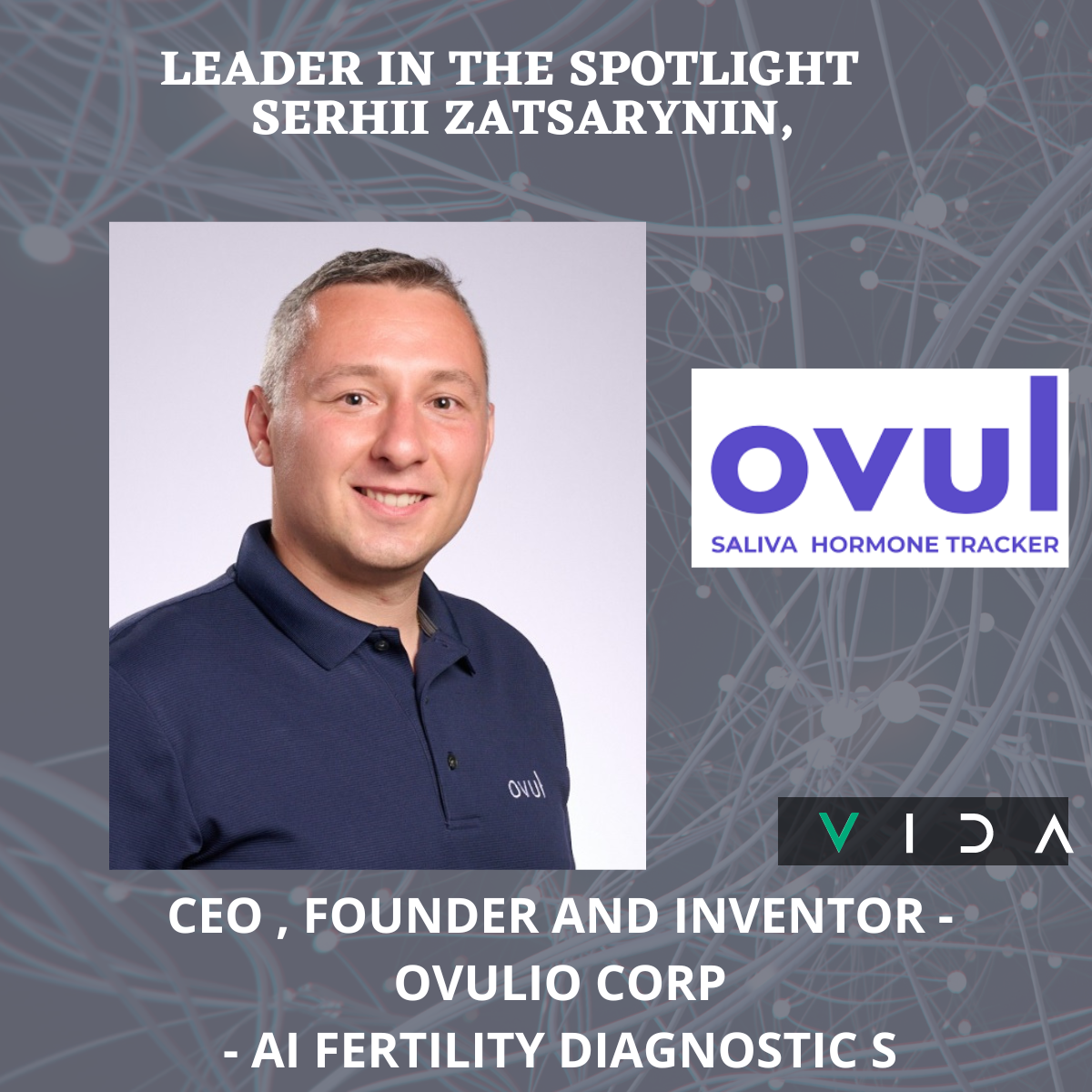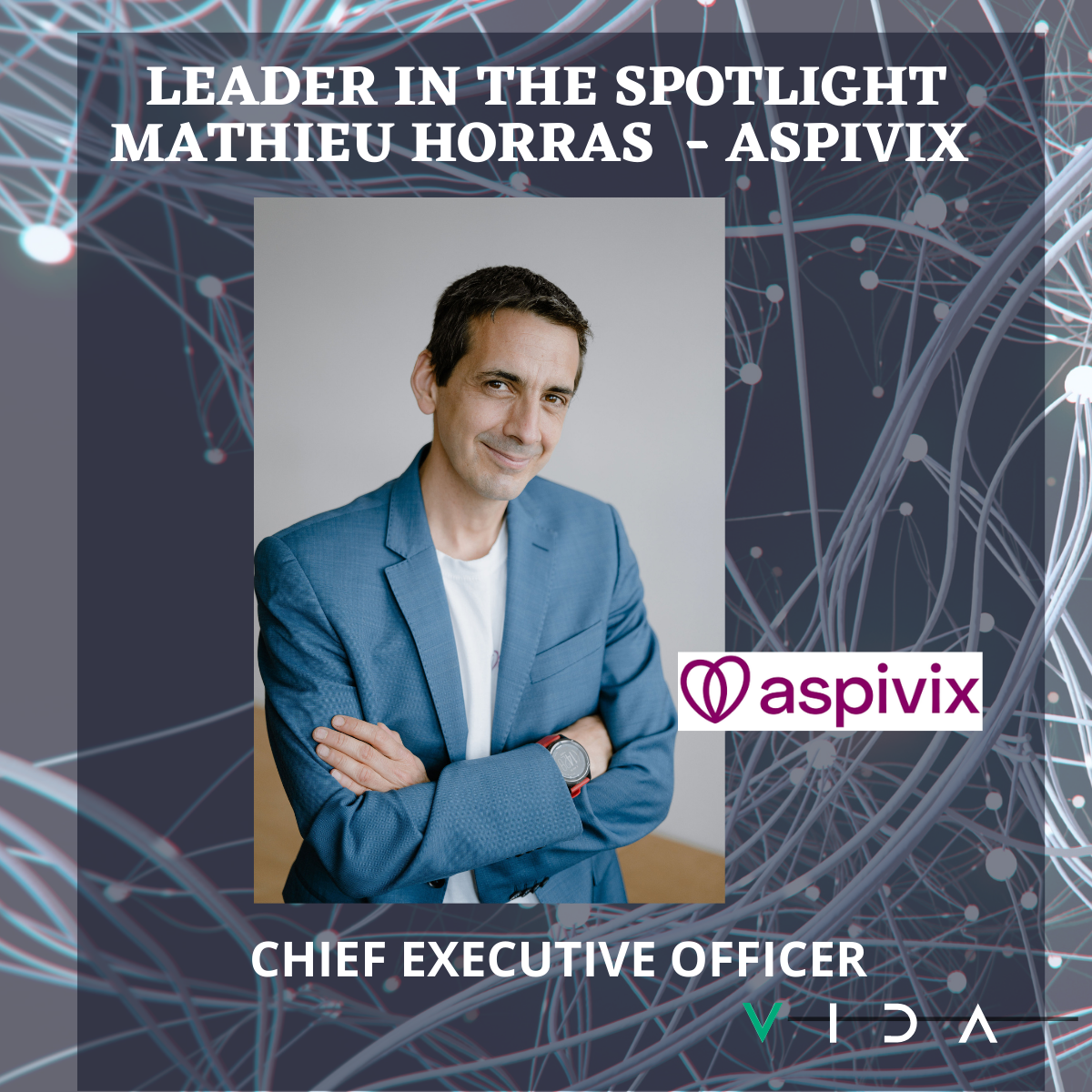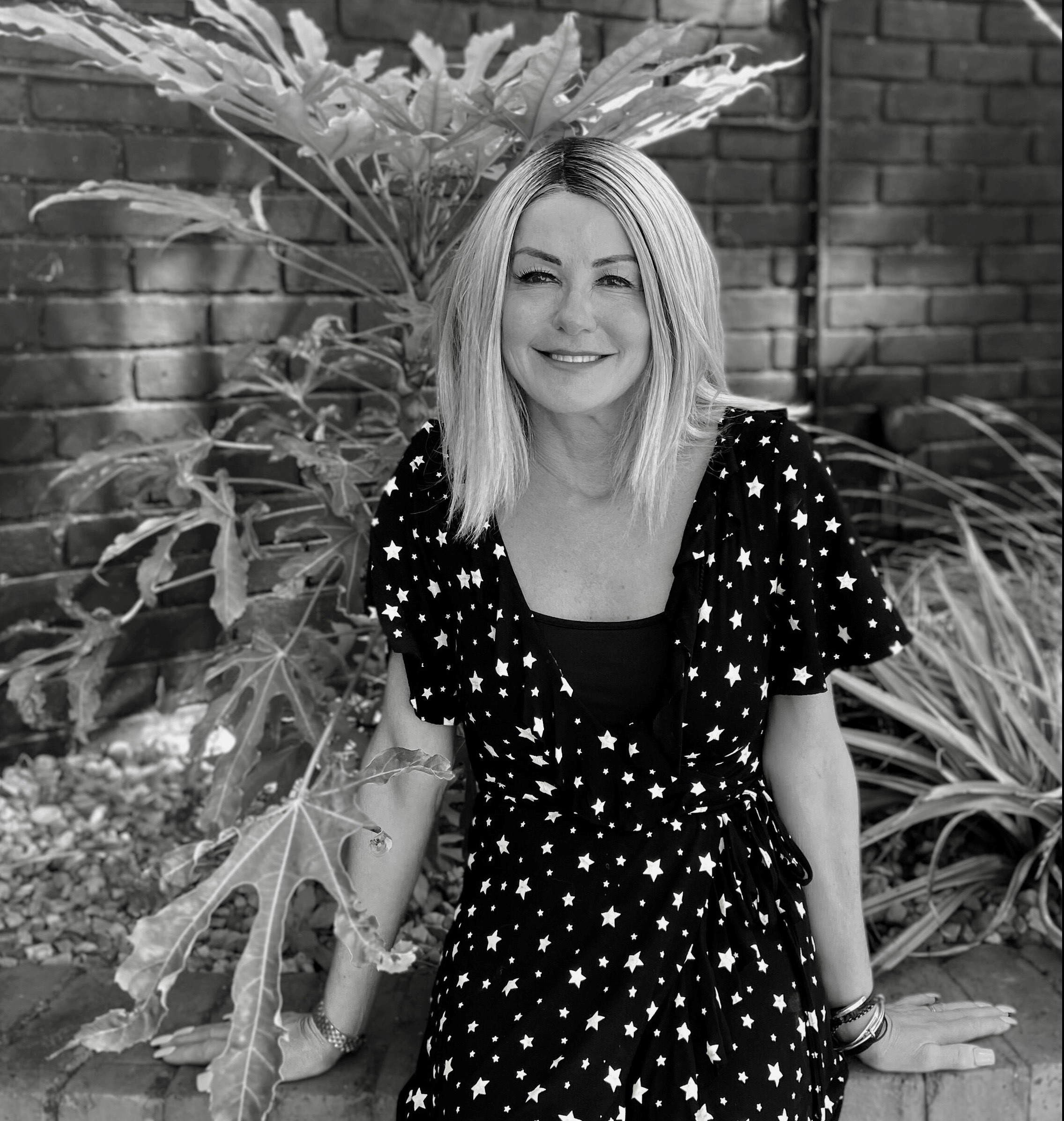
POSTED BY
Liz Moyles
This week, I'm joined by the incredible Hadas Ziso, CEO of EndoCure. It’s great to see a female leader making such huge waves in FemTech, so naturally we were excited to speak with her.
Endometriosis, a persistent ailment affecting 10% of women in their reproductive years (equivalent to approximately 200 million globally), presents a challenge in diagnostic precision. The absence of precise diagnostic tools prolongs the diagnosis period, spanning 7-11 years. Consequently, this delay allows the ailment to escalate into a severe, debilitating condition. Its impact manifests through pronounced pain, fatigue, anxiety, depression, and infertility, leading to a considerable reduction in overall quality of life.
Read the full interview below!
Hadas, I always love to ask this question because it is so insightful, and a lot of people really like to know how others in this industry ended up where they are today. So, how did you end up in your Medical Devices and in this industry; where did your passion for medical devices / medical technology come from?
When I was growing up, I wanted to be a veterinarian. As time went by, I became more convinced that I wanted to be in the medical field. I applied to be an undergraduate at the Technion and I received a brochure which included details about a new degree – a BSc. in Biomedical Engineering. I immediately knew this was the right path for me. It was almost like fate. I am passionate about saving lives, and just love to solve complicated challenges – and I see this as my way of doing both.
It does sound as though it was meant to be. I happen to know that you’ve got several degrees and other qualifications – you obviously have a passion for amassing learning, theories and complexities. What led you to continue studying?
You are right. I have four degrees, a BSc and MSc in Biomedical Engineering, a PhD in Medical Robotics and an MBA. When my daughters complain about school, I tell them they are complaining to the wrong person as I did 24 years of learning, not just the 12 they are completing! Truth is, I always loved to learn, from 1st grade. I am a naturally curious person, so I just wanted to absorb as much knowledge as I thought I might need around my area of passion - science.
After your studies how did you end up in your first role and what were you doing? Was it everything you had hoped it would be?
When I finished my Master’s Degree, I was 5 months pregnant. So, as you can imagine, it was very difficult to find a job… but I didn’t give up. I decided I was going to get a job in the medical industry, no matter what. I eventually found a job as a freelancer in a small start-up, founded by wonderful people - an Orthopaedic Nurse and a Surgeon. We were developing a special inflating chock for bone fractures, in effect replacing cast. The company unfortunately closed after my daughter was born, but I was grateful for the opportunity to make my first steps in the industry. I realised it was everything and even more than I had hoped and expected it to be. I knew I was in the right field and that the hard work had paid off.
Has anyone played a particularly key role in your career? What and how did/ do they influence you?
There is one person I am working with, and still admire after 11 years and that is Prof. Moshe Shoham. Moshe was my supervisor during my PhD, where I developed a robot for Minimally Invasive Neurosurgery. Together with him, we founded Tamar Robotics, where I was the Head of R&D for 5 years. I have had the privilege of working with him for the last 11 years. He is inspirational. He is so successful yet still humble and pleasant to work with. Moshe has always supported and believed in me, even when I may have doubted myself. He has always given me good advice on any subject. He is very, very special.
You have mentioned 2 companies so far, including Tamar Robotics. Tell me about the companies you’ve been a part of. What attracted you to them and their technology?
Before my PhD, I was an Application Engineer at Insightec for 4 years. I loved the sophisticated technology at Insightec, developing a system for MR-guided focused ultrasound. I led the Prostate Cancer application all the way from pre-clinical trials to FDA approval. I love challenges, and I was involved in inventions such as motion correction for thermometry. I am always enthusiastic to solve problems, especially when it is for saving lives.
What would you say has been your biggest learning in this field so far with respect to running a business / launching a solution?
I think my biggest learning is to look at an idea in a holistic approach, talk to all stakeholders from day one, develop a business plan even before the prototype is ready, because if there is no product-market fit, it will most likely fail.
Why have you elected to lead EndoCure? What is it that you find so motivating and what is so special about your technology / solution?
After 20 years of R&D in the Medical Device industry, about a year ago, I decided to take the next step in my career and to become a CEO. As a woman, one of my ambitions, was to do something good for the health of women. I have investigated unmet needs in FemTech and zoned in on the very difficult and painful condition of Endometriosis, which has multiple unmet needs. This condition affects the lives of over 200 million women worldwide. I realised I have an opportunity to help those women have a better quality of life or even save their lives - this is where my passion comes from, and this is how and what my team are also driven by. This is the purpose of our company ENDOCURE.
That is truly a powerful vision. I can see why you would be so driven. What next – what are your priorities?
We want to dedicate this year to the development of the first prototype for human use, and to reach First in Human as fast as possible. You learn so much from a clinical trial, even with a partial solution to be tested. So, the sooner you perform it, the better.
What support if any would you as a company welcome at this point - perhaps feedback, investment, KOL exposure?
We are a very young company and will be happy to have KOL’s joining our journey.
We are now fundraising a pre-seed round via SAFE note and expecting a non-dilutive grant of $500K from the Israeli Innovation Authority for women founders.
If you had found a time capsule from the future – it’s from 2033 – what do you think our market would look like/ what might be different for patients / surgeons?
Endometriosis patients will finally get relief as they will have access to a full, comprehensive diagnosis, on time! Physicians will have a tool for deciding upon the right treatment, whether hormonal or surgical. They will have a tool for surgery pre-plan, and a way to follow up post treatment. Therefore, the disease will be managed on time and the quality of life of the patients will dramatically improve!
That is a powerful vision! What advice would you give to someone who's looking to enter this space? Whether that's a fresh grad straight out of university, or someone looking to transition their career?
Endometriosis is a very difficult condition with complicated pathogenesis and symptoms. Make sure you learn it all deeply before you begin.
Finally, what song would get you jigging on the dance floor????
That’s easy, my ringtone is “Don’t Stop Me Now” by Queen
